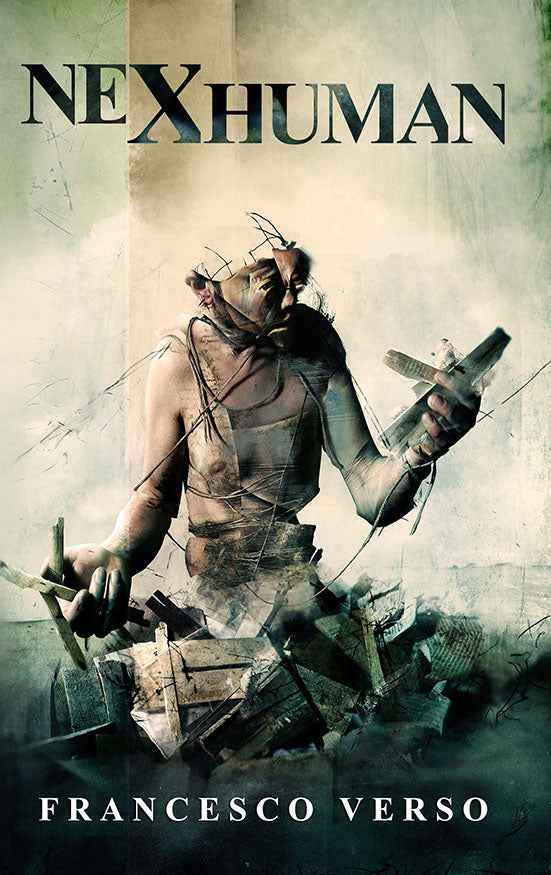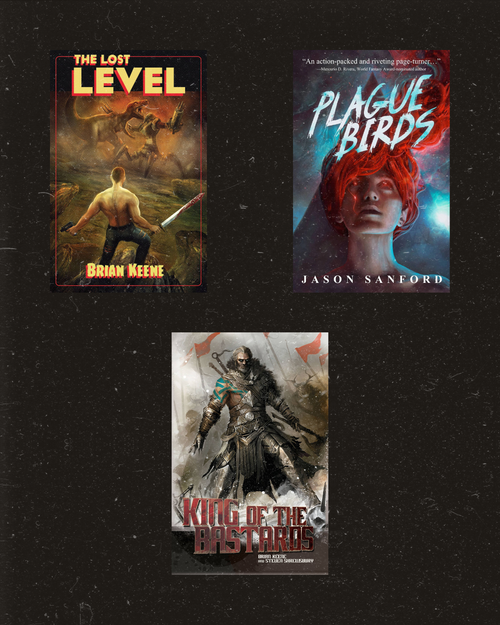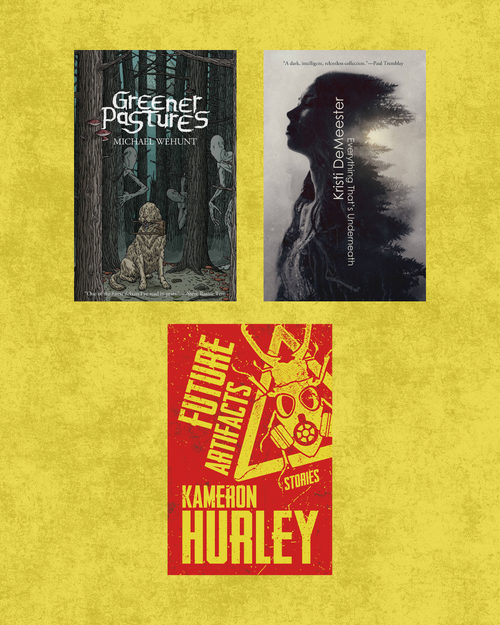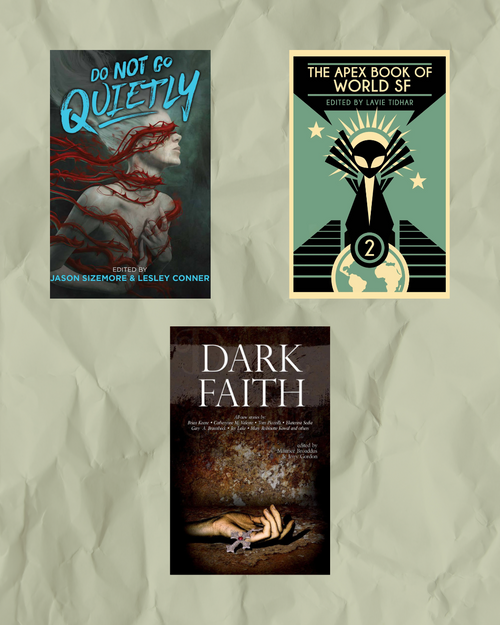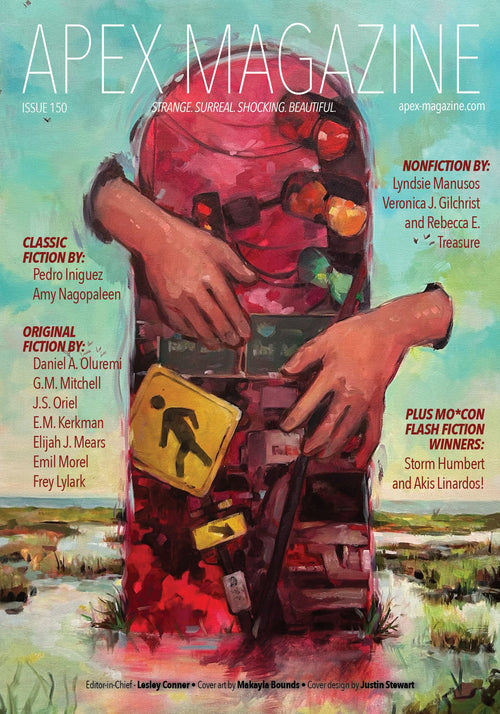On the Importance of Having Your Book Translated (Not Your Mind-Set)
by Francesco Verso
Publishing in English is considered the apex of any writer born in a non-English speaking country. It is very much so.
You benefit from a bigger audience (in terms of readers and reviewers) and you can be easily translated into other languages. In just 30 or 40 years, English language has become the only (financially sustainable) source of fiction and non-fiction across the world, generating an irresistible magnetic attraction towards it. Apparently, this pull has resulted in an unprecedented number of books published by non-English speaking writers that nonetheless write in English and a surprising openness to other ideas and cultures (provided you can submit your translated work in English). But, in the long term, what would happen if all non-English speaking writers embrace one single language, adhere to one single culture, chase one single market, and represent one single point of view from which to give shape to our creativity, our very own words and the metaphors we use to reflect upon reality?
Being Italian, I know what cultural dominance looks like. The Roman Empire ruled the world for centuries, Latin was the official language of culture, Roman roads were the infrastructure of communication, Roman Law was the measure of justice, Roman art was the perfect device to export a desirable lifestyle in the provinces for all the novi homines (“new men” born from non-Patrician families that were worthy to become Roman citizens).
And yet, the old saying goes: “When in Rome, do like the Romans do,” meaning that when you visit a foreign country you shouldn’t look for the usual customs and standards you’re used to. And what a better example of a foreign country than a science fiction book set in an imaginary city and written by a non-English speaking writer!
If in writing Livido (the original title of Nexhuman) had I considered the book a commodity, an easy to consume by-product of a writer’s creativity, then I would have intentionally inserted in the plot easily recognizable cultural references and exportable settings. Instead I’ve let my identity and cultural background take the lead—my genius loci—a mix of Italian history, Mediterranean geography, and contemporary European culture.
Being that Nexhuman is set in an imaginary city of the near future, I wanted to reproduce a sense of “globalized interconnected scenario” where powerful forces play a dominant role on weaker ones, where consumerism transformed well-being into well-having (or better not-having), leading to dangerous consequences for the environment and unexpected twists for the human body and human relations. In a way, that’s what is happening in many parts of the one-way globalized world, where removing pain and fatigue from daily work and weekly pleasures has led to a comfortably numb lifestyle.
It is your original language and culture that has to be translated, not your mindset.
In this way, you will preserve the biodiversity of your writing and freedom of thinking: if you indulge too much into pleasing any world-dominant culture (yesterday the Roman, now the English, tomorrow another one) you risk losing yourself in search of the latest trendy mass market, and you end up damaging not only your own creativity but the whole world representativeness of the genre and literature.
Picture the flowers growing only in your region.
Recall that saying that tells so much about your people.
Point to the star visible only from your portion of the sky.
Name the feeling no other language can really grasp.
Savour your preferred local dish.
It’s your identity I am talking about and nobody else’s.
Yet, a translator can do the magic and give you the same sparkle to light a candle in the dark of a foreign land, maybe made by a slightly different material, but still a candle. After all, it’s that particular fire and unique taste coming from that unmapped territory that the readers are looking for to expand the boundaries of their knowledge and awareness.
It might sound like a too vague concept to be accepted—every single writer shaping the world culture, one story at the time—but at the accelerated rate with which capitalism is proceeding, unravelled by any other system, such neglected risk becomes almost a certainty. At this very moment, storytelling is being handed over to Big Data, Algorithms, and Artificial Intelligence’s bias: they are the ones who are shaping our minds and perceptions in ways that we can’t even imagine.
Currently our stories don’t just run the risk of the single storyteller, they’re at risk of being told by an unhuman one: the AI’s are coming for all of us.
That’s not to complain against a particular technology or culture. We are all as much as into science fiction as we are part of an “hyperobject” called Anthropocene. Instead this wants to be a distress call in order to better understand what we can know and learn about the world we live in. Science fiction is a wonderful tool to sharpen our views and imagine alternative ways to improve people’s condition according to our desires.
That’s why books must not be transformed into easily swallowable commodities and shouldn’t make you feel comfortable—the two words derive from Latin “cum”+“modus” meaning something complaint and relaxed, and “cum”+“fortis” meaning strengthening and easing the pain—instead they are wormholes into other (cultural) dimensions, time-machines to revive (unknown) pasts and futures, perfect devices for (challenging) worldbuilding, and mapping the (alien) psychology of human beings.
Very often mass market wins over niche genres but sometimes it’s the other way around. I will always be thankful to Jason Sizemore (nomen omen!) and Apex Books for giving Nexhuman a chance to emerge from the invisibility of non-English speaking countries.








